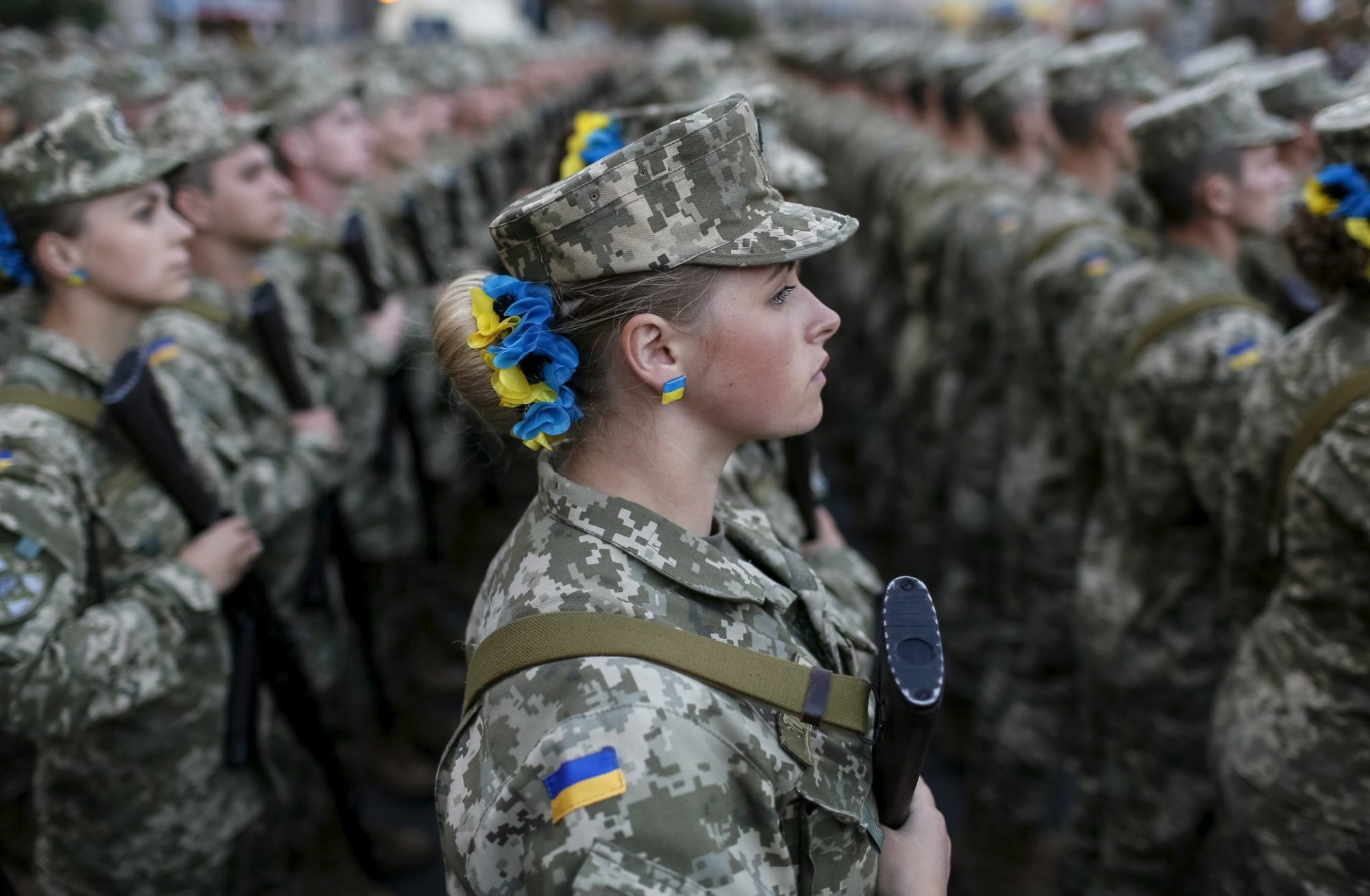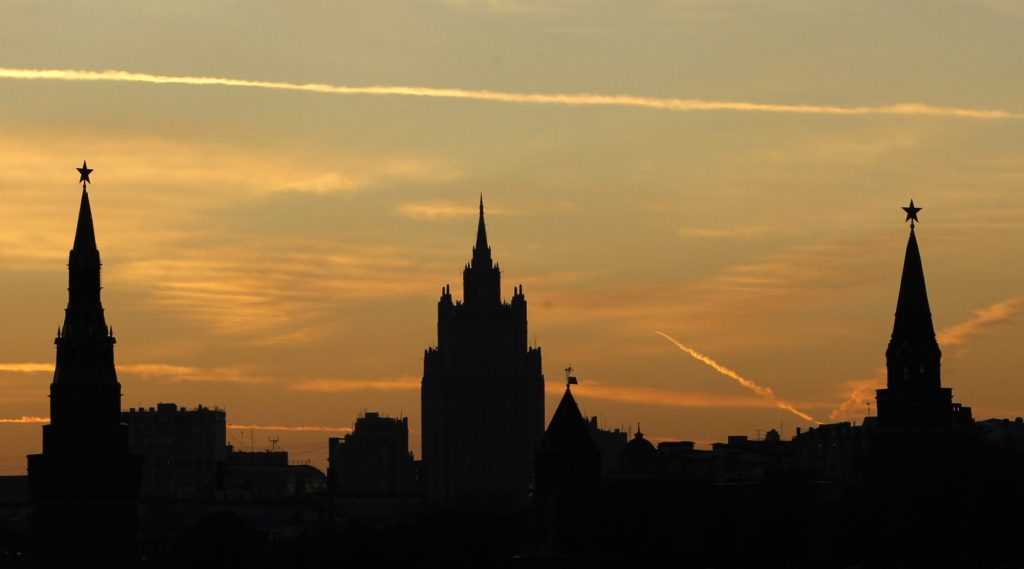[ad_1]
In January 1990, McDonald’s opened its first restaurant in Moscow’s Pushkin Sq., overcoming the Soviet forms and the nation’s commerce, agricultural and advertising deficiencies. McDonald’s presence in Russia finally grew into a sequence of 847 retailers and a workforce of 62,000 earlier than this yr’s brutal invasion of Ukraine modified all the pieces.
After the invasion, McDonald’s introduced that it might shut all of its areas in Russia and put the enterprise up on the market. The corporate’s blatant announcement clarified that “the humanitarian disaster and unpredictable working atmosphere brought on by the battle in Ukraine has led McDonald’s to conclude that continued possession of the enterprise in Russia is not legitimate, nor does it mirror McDonald’s values.” conforms to.”
The McDonald’s choice was a uncommon instance of a principled and dear strategy by a extremely worthwhile world model. One other 1,000 multinational companies quickly voluntarily introduced that they’d observe go well with and go away Russia. Many had been praised for his place. However the unlucky actuality is that, McDonald’s apart, three-quarters of probably the most worthwhile international multinationals dwell in Russia, based on analysis carried out by activist group B4 Ukraine, a coalition of Ukrainian and worldwide civil society organizations. .
“so far, solely 106 corporations WeAreUkraine.data founder Natalia Popovich claimed through e mail, “Russians have been fully out of the market, whereas greater than 1,149 internationals stay.” “The general public is underneath the impression that a lot of the main worldwide manufacturers have already left Russia. Actually, most corporations that scale down and droop operations achieve this vigorously, whereas performing some scale enterprise in Russia. Eight out of ten corporations that do are silent about it.”
Subscribe to UkraineAlert
Because the world watches the Russian invasion of Ukraine, Ukraine Alert delivers the perfect Atlantic Council professional perception and evaluation on Ukraine twice every week straight to your inbox.

Andrey Onoprienko, deputy improvement director of coverage analysis on the Kyiv Faculty of Economics, has argued that the present presence of multinationals in Russia would allow Moscow to proceed the battle in Ukraine. “Russia wants about $1 billion a day to produce its assault power with troops, gear and weapons. By persevering with to function in Russia, worldwide companies are enabling Russia’s battle effort,” he stated. Corporations that pay company and payroll taxes to the Russian authorities in addition to salaries to their roughly 690,000 staff in Russia. They aren’t impartial actors in Russia’s battle of aggression in opposition to Ukraine.”
Along with calling on multinationals to depart Russia, Ukrainian organizations are additionally calling on corporations doing enterprise in Russia to do their very own human rights due diligence. “Worth chain evaluation reveals that multinational corporations proceed to have vital investments, three way partnership operations and help providers, particularly in riskier industries comparable to oil and gasoline, shopper items and banking. Most of those are corporations that do enterprise and Claims to observe the United Nations Guiding Ideas for Human Rights (UNGP) and requires due diligence for human rights. Sadly, it lacks diligence,” defined Richard Stazynski, government director of the Heartland Initiative.
Eurasia Heart occasions

The method of leaving Russia shouldn’t be a simple one and may be expensive for some, even the potential for pre-nationalization of belongings by the Russian state. An instance of this includes a multi-billion greenback gasoline undertaking on the island of Sakhalin within the Pacific Ocean. “Russia took management of the worldwide consortium behind the large Sakhalin-2 oil and pure gasoline undertaking, handing it over to a brand new Russian entity that might successfully let the Kremlin say which international buyers can be allowed to position their bets, ” knowledgeable of wall avenue journal, “Two massive Japanese vitality buyers stated the worth of their stake in a Russian pure gasoline undertaking had fallen by greater than half” [roughly $1 billion] After a decree from Putin threatened to remove their rights. ,
Mark Dixon, founding father of Ethical Scores Company, wrote in a July report that such actions by Russian officers characterize a type of “disaster blackmail.” “We anticipate a tsunami of forfeiture or blackmail concessions over the subsequent few months.”
In a globalized world, the Russian invasion of Ukraine has left worldwide corporations in a deeply compromised place. They’re criticized for not exiting the Russian market and face the prospect of punishment from Russia in the event that they try to depart. This will likely clarify why so many individuals made the announcement, however then delayed or postponed their exit.
Regardless of these challenges, those that dwell in Russia can anticipate little sympathy and can proceed to face stress to depart. By exiting the Russian market, multinationals could make a big contribution to the protection of Putin’s battle machine. It’s seen as a key component within the battle to finish Moscow’s unprovoked invasion of Ukraine. Corporations selecting to remain in Russia ought to see if the price of leaving outweighs the reputational injury of serving to finance a genocidal battle.
Diane Francis is a non-resident senior fellow on the Atlantic Council’s Eurasia Heart, editor-at-large with the Nationwide Put up in Canada, writer of ten books and writer of 1. Information bulletin on America.
Additional studying
The views expressed in UkraineAlert are solely these of the authors and don’t essentially mirror the views of Atlantic Council, its staff or its supporters.

Eurasia Heart It goals to reinforce transatlantic cooperation in selling stability, democratic values and prosperity in Eurasia, from Jap Europe and Turkey within the west to the Caucasus, Russia and Central Asia within the east.
Observe us on Social Media
and help our work
Picture: The skyline of the town of Moscow is seen in entrance of the autumn sundown on October 18, 2011. Reuters/Anton Golubev
[ad_2]
Supply hyperlink
